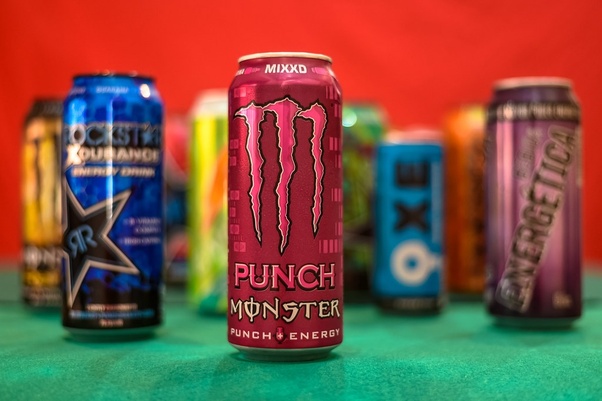These days everyone is grabbing an energy drink to get through a grueling workday or a late-night study session. These magical cans have become a staple for anyone needing that extra jolt of energy. But while they can work wonders for your alertness and stamina, it’s crucial to understand the potential risks and side effects that come with cracking open that can. So many stories are hitting the news or social media about the negatives with these beverages, and it can be hard to understand. Let’s dive into the nitty-gritty of energy drinks and explore what the science says about their darker side.
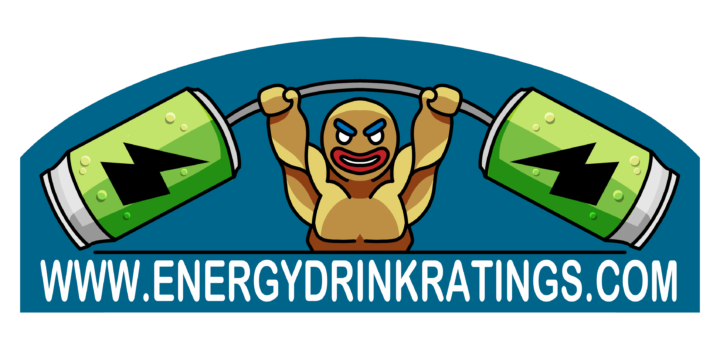
First things first, let’s talk about caffeine – the star player in energy drinks. Caffeine is the main ingredient that gives you that much-needed kick. However, too much of it can lead to a whole host of problems.
Ever feel like you’ve had one too many espressos?
That’s the caffeine talking. According to a study published in the Journal of Psychopharmacology, excessive caffeine consumption can lead to increased anxiety and jitteriness. This isn’t just feeling a bit on edge; it can mean full-blown anxiety attacks for some people. Anxiety can surface as a mental symptom only, or with physical indicators as well.
Feeling your heart race after downing an energy drink?
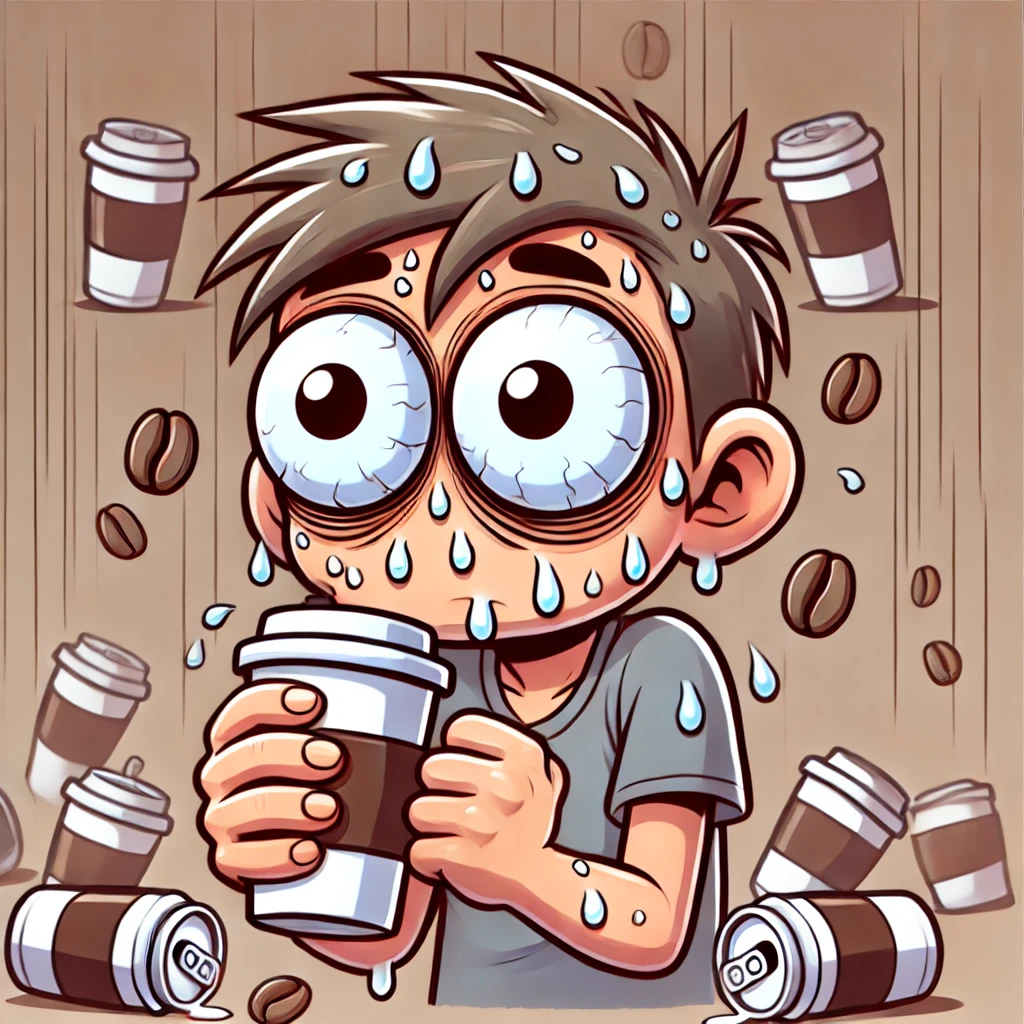
You’re not imagining things. The caffeine content in these beverages can cause palpitations – those uncomfortable, rapid heartbeats that make you feel like your heart is about to leap out of your chest. A study in the American Journal of Cardiology highlighted that high caffeine intake is linked to an increased risk of heart palpitations and other cardiac arrhythmias. While not a great experience for anyone, it is particularly dangerous for anyone with a heart condition.
While the sugar-free market is on the rise, a lot energy drinks are also loaded with sugar – and I mean loaded. While sugar can give you a quick energy boost, it often comes with a hefty price.
Downing sugary drinks regularly can lead to excessive weight gain. A study published in The Lancet showed a clear association between sugary beverage consumption and increased body weight. Those extra pounds can sneak up on you faster than you can say “calories,” and depending on your activity level, hard to shake off.
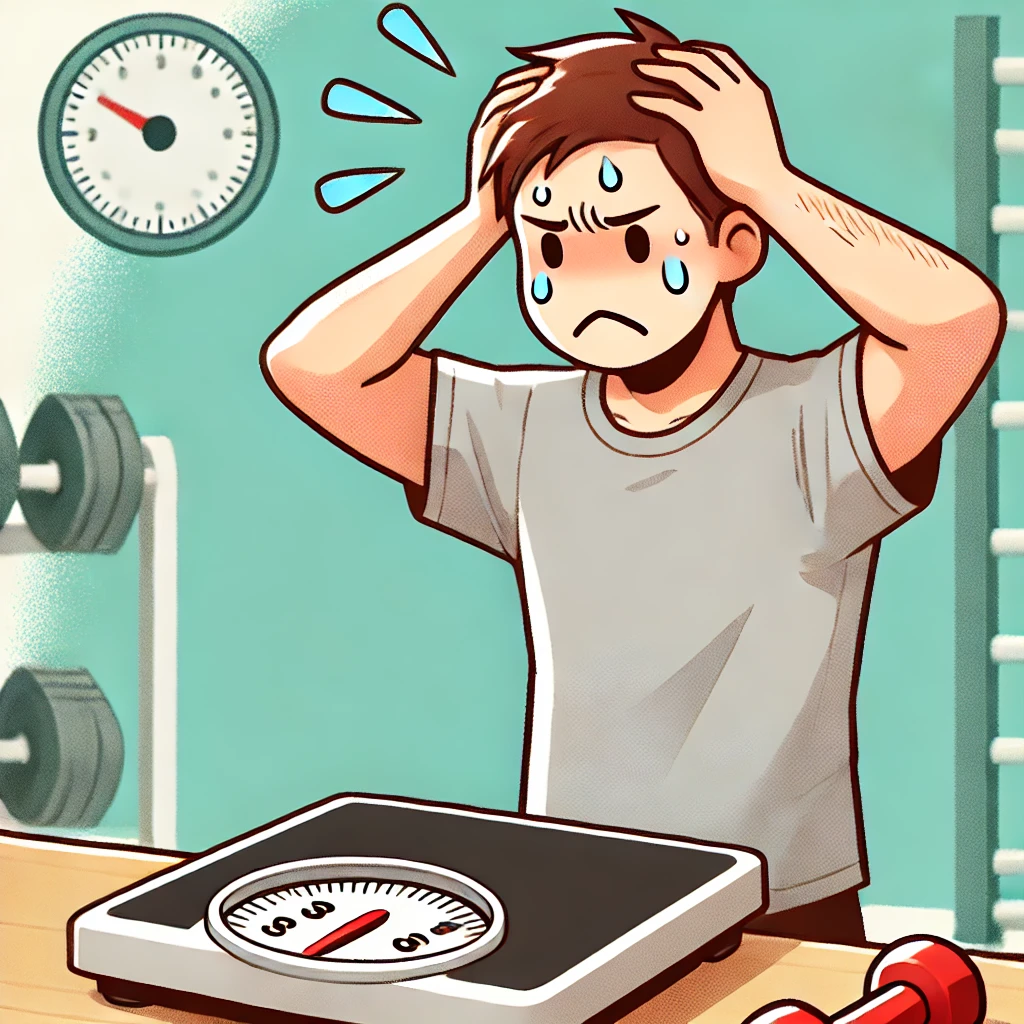
If you’ve ever felt a sudden burst of energy followed by a crash, you’ve experienced a blood sugar spike and subsequent drop. This rollercoaster effect isn’t just exhausting; it’s also bad for your health. According to research in the American Journal of Clinical Nutrition, frequent blood sugar spikes can lead to insulin resistance, a precursor to type 2 diabetes.
Needless to say, drinking an energy drink too close to bedtime is a perfectly measured recipe for insomnia. The caffeine in these drinks is a sleep saboteur extraordinaire.
The half-life of caffeine is around 5-6 hours, meaning it stays in your system much longer than you might think. Consuming energy drinks in the late afternoon or evening can interfere with your sleep patterns, leading to insomnia and restless nights. A study in the Journal of Clinical Sleep Medicine found that caffeine consumption even six hours before bedtime significantly reduced sleep quality.
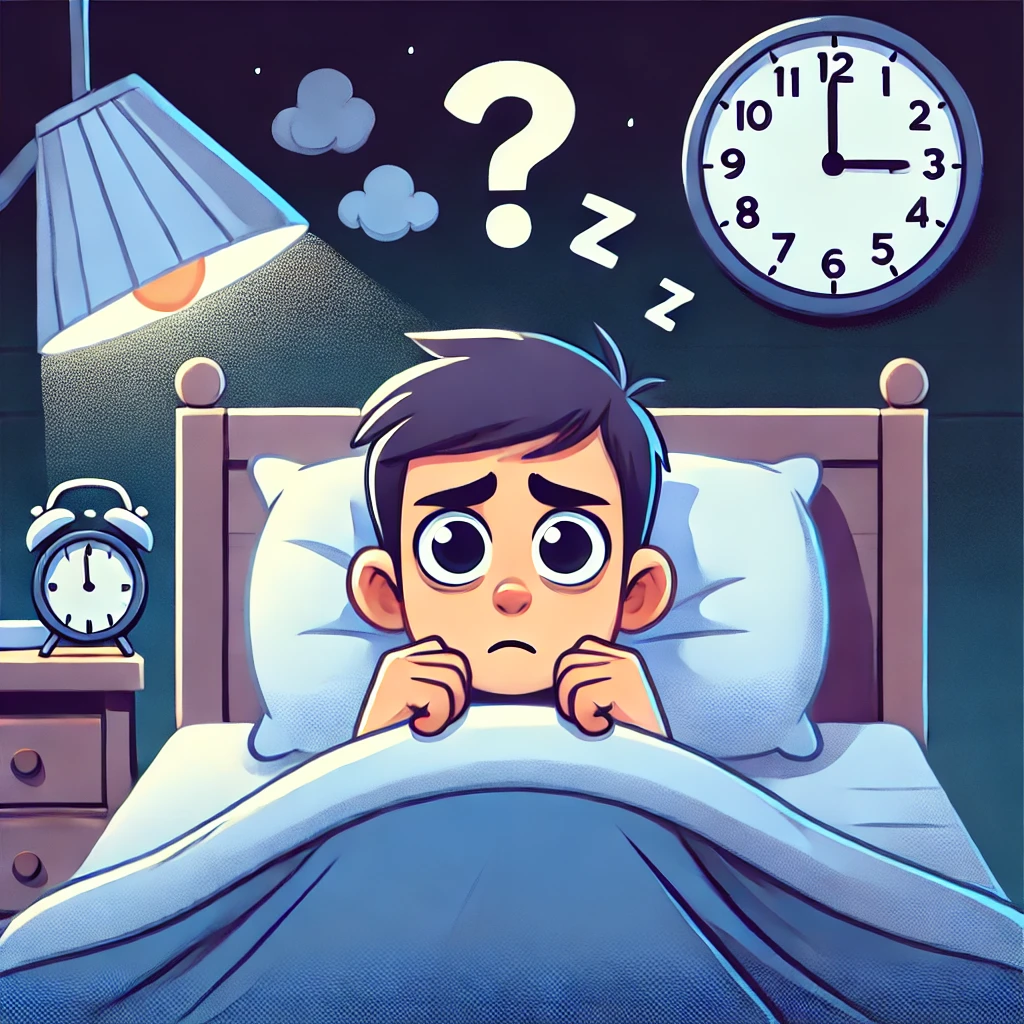
Unfortunately, it’s not just caffeine and sugar you need to worry about. Energy drinks often contain a wicked cocktail of other ingredients that can have their own side effects.
Taurine and guarana are some common additives in energy drinks. While they’re generally considered safe, their effects combined with high doses of caffeine are less clear. The European Food Safety Authority (EFSA) has noted potential interactions that could amplify the stimulant effects of caffeine, leading to increased heart rate and blood pressure. With a boost to the caffeine, taurine and guarana might reduce the need for as much of the energy drink.
For those who opt for sugar-free energy drinks in an effort to steer clear of the negative side effects of the sugar, beware of artificial sweeteners like aspartame and sucralose. While these might save you calories, they come with their own risks. A review in the Journal of Pharmacology & Pharmacotherapeutics highlighted potential links between artificial sweeteners and metabolic disorders, although more research is needed to draw definitive conclusions.
Caffeine is also a diuretic, meaning it increases urine production and can lead to dehydration if you’re not careful.
Drinking energy drinks can make you visit the bathroom more often. While this might not seem like a big deal, losing too much fluid can lead to dehydration, especially if you’re not compensating by drinking water. If you are drinking an energy drink to help give you a boost at the gym, be sure to drink extra water to replace what you sweat out and urinate. Dehydration can cause headaches, dizziness, and in severe cases, more serious health issues.
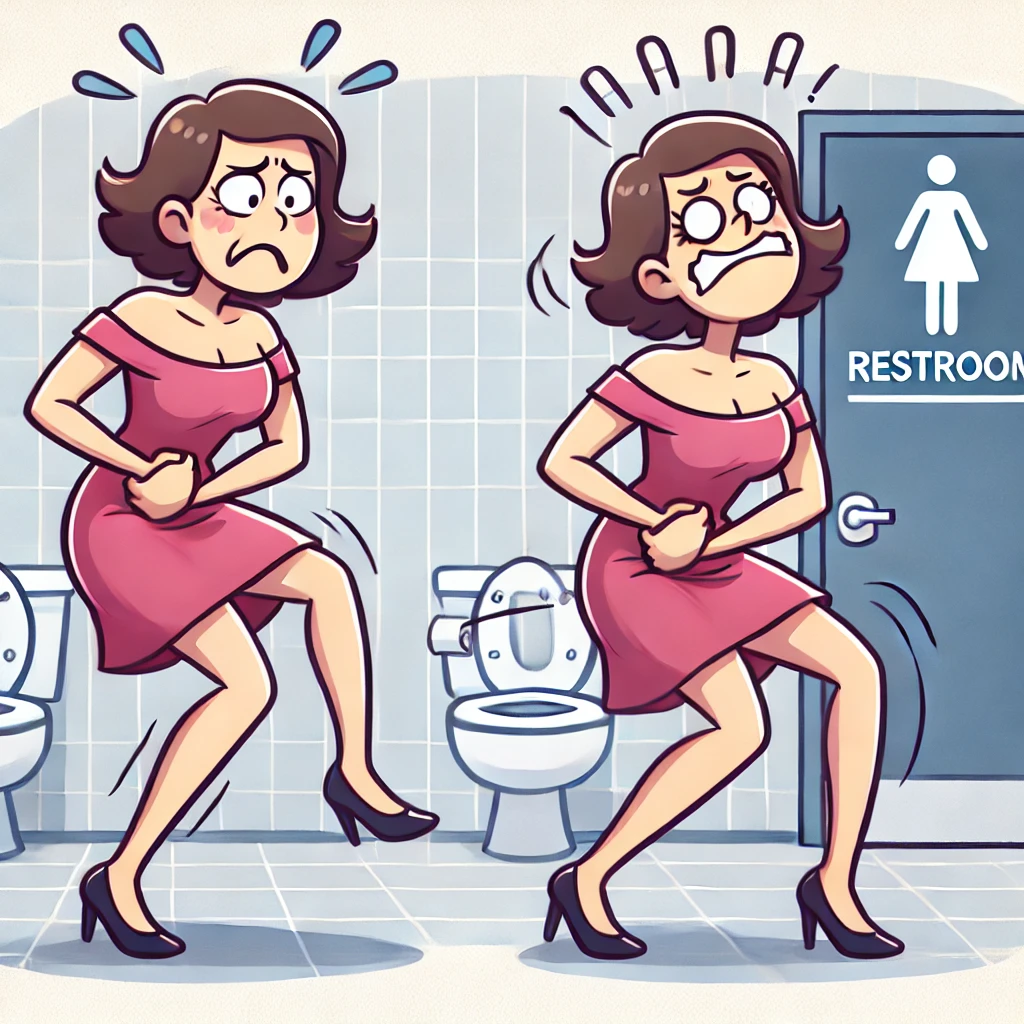
While energy drinks can boost your mood and cognitive function in the short term, long-term use might have the opposite effect.
We’ve already touched on caffeine-induced anxiety, but it’s worth noting that energy drinks can exacerbate mental health issues. A study in Frontiers in Psychology found that high consumption of energy drinks was linked to increased anxiety and mood swings, particularly in young adults.
Regular consumption of energy drinks can lead to dependency and addiction. The more you drink, the more your body gets used to it, and suddenly you need more to achieve the same effect.
The American Journal of Drug and Alcohol Abuse reports that caffeine dependency is a real issue, with withdrawal symptoms including headaches, fatigue, and irritability. If you’ve ever tried to cut back on your caffeine intake, you know just how unpleasant these symptoms can be.
In some bad instances, energy drinks can also interact negatively with certain medications, making them less effective or causing some unwanted side effects.
If you’re on medication for high blood pressure, consuming energy drinks can counteract their effects. The high caffeine content can raise your blood pressure, completely negating the benefits of your medication.
Certain antidepressants, particularly those in the class of monoamine oxidase inhibitors (MAOIs), can have truly dangerous interactions with high levels of caffeine and other stimulants found in energy drinks. Always consult with a healthcare professional before mixing energy drinks with medications.
Your stomach might not be too happy with your energy drink habit either.
The high acidity of energy drinks can aggravate acid reflux and worsen heartburn. According to the Journal of the American Medical Association, the combination of caffeine and highly acidic ingredients can weaken the lower esophageal sphincter, leading to discomfort and potential long-term damage.
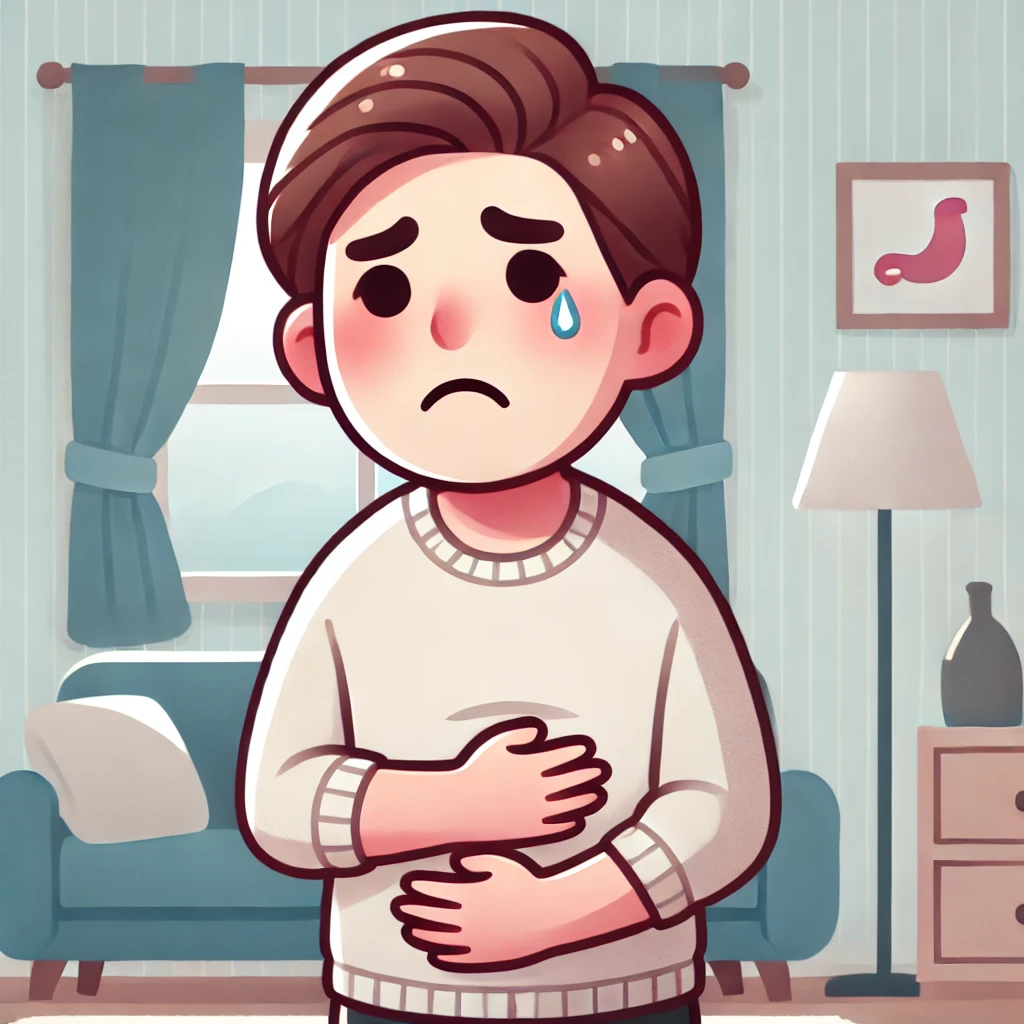
Here’s an unpleasant surprise for you: energy drinks can potentially affect your bones.
Some studies suggest that high caffeine intake can interfere with calcium absorption, which is essential for maintaining strong bones. Research published in the Journal of Nutrition found that excessive caffeine consumption was linked to reduced bone mineral density in women, increasing the risk of osteoporosis and fractures.
Energy drinks are often consumed quickly, which – in extreme cases – can lead to acute toxicity.
Consuming multiple energy drinks in a short period can lead to caffeine toxicity, characterized by symptoms such as rapid heartbeat, nausea, vomiting, and in severe cases: seizures. The New England Journal of Medicine reports several cases of caffeine toxicity resulting from excessive energy drink consumption, emphasizing the importance of moderation.
Although easy to point the finger at, energy drinks are not the only source of this toxicity. Caffeine pills have also skyrocketed in popularity and are sometimes mixed with other caffeine-infused beverages.
People under the age of 30 are among the biggest consumers of energy drinks, and they may be the most susceptible to their negative effects.
Adolescents and young adults are still in crucial stages of physical and mental development. High caffeine and sugar intake can interfere with both developments, potentially contributing to issues like anxiety, sleep disturbances, and unhealthy weight gain. A study in Pediatrics highlighted the need for caution and regulation of energy drink consumption among young people.
While energy drinks can offer a quick fix for fatigue and a lift in performance, it’s vital to understand the potential risks and side effects. Like everything in life, moderation is key. If you choose to consume energy drinks, do so sparingly and be mindful of your overall caffeine and sugar intake. Balance is crucial, and ensuring you maintain a healthy diet, stay hydrated, and get enough sleep can help mitigate some of the negative impacts.
References
- Childs, E., & de Wit, H. (2006). Subjective, behavioral, and physiological effects of acute caffeine in light, nondependent caffeine users. Psychopharmacology, 185(4), 514-523.
- Graham, T. E., & Spriet, L. L. (1995). Metabolic, catecholamine, and exercise performance responses to various doses of caffeine. Journal of Applied Physiology, 78(3), 867-874.
- Higgins, J. P., & Babu, K. M. (2013). Caffeine reduces myocardial blood flow during exercise. American Journal of Medicine, 126(9), 743.e1-8.
- Seifert, S. M., Schaechter, J. L., Hershorin, E. R., & Lipshultz, S. E. (2011). Health effects of energy drinks on children, adolescents, and young adults. Pediatrics, 127(3), 511-528.
- Higgins, J. P., Tuttle, T. D., & Higgins, C. L. (2010). Energy beverages: Content and safety. Mayo Clinic Proceedings, 85(11), 1033-1041.
- Nawrot, P., Jordan, S., Eastwood, J., Rotstein, J., Hugenholtz, A., & Feeley, M. (2003). Effects of caffeine on human health. Food Additives & Contaminants, 20(1), 1-30.
- Wolk, B. J., Ganetsky, M., & Babu, K. M. (2012). Toxicity of energy drinks. Current Opinion in Pediatrics, 24(2), 243-251.
